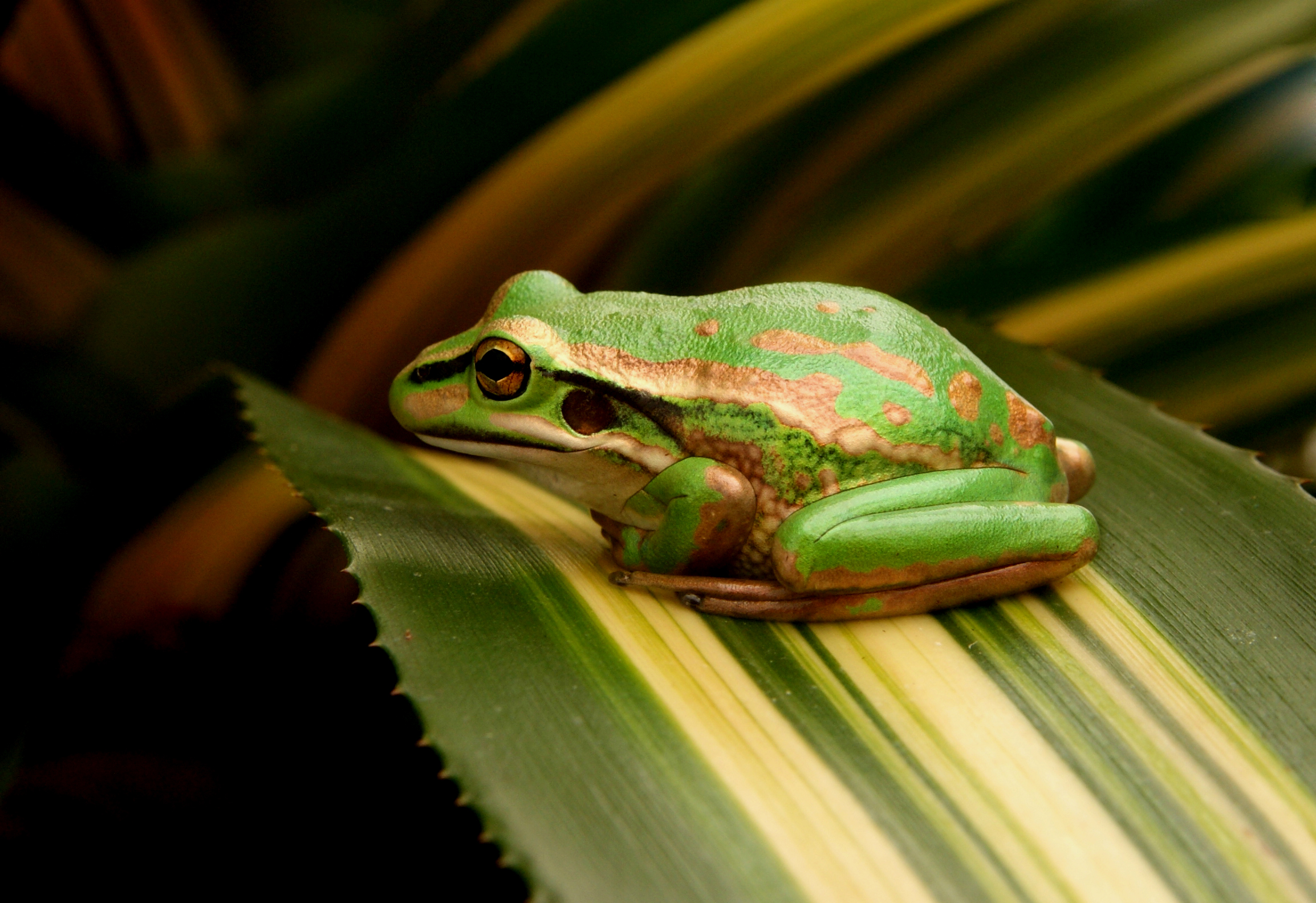At a Glance
- A study on paper wasps suggests that social interactions may enhance cognitive abilities in animals.
- Populations of paper wasps that recognized individuals and displayed social cooperation showed recent adaptations in brain areas associated with learning, memory, and vision.
- The study focused on two populations of paper wasps, one from Louisiana and another from Ithaca, with the northern population exhibiting more recognition and social cooperation.
- Genomic sequencing revealed evidence of recent positive selection in the northern population’s cognitive-related brain areas.
- The ability to recognize individuals enables paper wasps to be more selective in their social interactions, leading to more stable nesting groups and potentially contributing to the evolution of cognitive abilities.
A recent study on paper wasps has shed light on the potential link between social interactions and animal cognitive abilities. The research suggests that the ability to recognize individuals and engage in social cooperation may contribute to increased intelligence. The study also revealed that populations of wasps that exhibited higher levels of recognition and cooperation showed recent adaptations in brain areas associated with cognitive functions such as learning, memory, and vision.
The study focused on two distinct populations of paper wasps: a southern population from Louisiana and a northern population in Ithaca. The southern population displayed a more uniform appearance, while the northern population exhibited diverse color patterns on their faces. Through a series of experiments, the researchers found that the northern population recognized individuals and displayed social cooperation with certain members over others, unlike their southern counterparts.
Genomic sequencing further supported these findings, showing evidence of recent positive selection in the northern population’s cognitive-related brain areas. According to Michael Sheehan, the study’s senior author and an associate professor of neurobiology and behavior at Cornell University, the evidence for positive selection on cognition, learning, and memory was much stronger in the northern populations compared to the southern populations.
Interestingly, despite belonging to the same species, the southern and northern paper wasps exhibited significant differences in their appearance. Southern paper wasps had similar red color patterns on their faces, while the northern ones displayed black and yellow patterns. As the researchers moved further north, they observed an increase in the variability of color patterns among individuals.
To investigate the behavioral differences between the populations, the researchers conducted experiments in the lab using the northern population from Ithaca and the southern population from Louisiana. The wasps were introduced to strangers over four days, and their level of aggression was recorded. The results showed that the northern wasps were aggressive towards strangers but less aggressive towards individuals they had previously met. In contrast, the southern wasps treated everyone equally, indicating a lack of recognition.
The study suggests that the ability to recognize individuals enables the northern wasps to be more selective and better manage their social interactions. On the other hand, the more homogenous-looking southern wasps interacted more indiscriminately and had less consistent social interactions. The researchers also found indications that the northern wasps formed more stable nesting groups than the southern ones, which experienced higher turnover rates.
In conclusion, this study provides evidence of a selective link between individual recognition and cooperation in paper wasps. The findings suggest that recognition plays a crucial role in stabilizing social groups and may contribute to the evolution of cognitive abilities. The research highlights the importance of social behavior as a driving force in the evolution of intelligence.
The study was published in the Current Biology and utilized a combination of clinal, shared garden, and population genomics analyses to support its findings.
References
- Tumulty, J. P., Miller, S. E., Van Belleghem, S. M., Weller, H. I., Jernigan, C. M., Vincent, S., … & Sheehan, M. J. (2023). Evidence for a selective link between cooperation and individual recognition. Current Biology, 2023. https://doi.org/10.1016/j.cub.2023.11.032
- Ramanujan, K. & Cornell University. (2023, December 7). Wasps that recognize faces cooperate more, may be smarter. Phys.Org; Cornell University. https://phys.org/news/2023-12-wasps-cooperate-smarter.html











